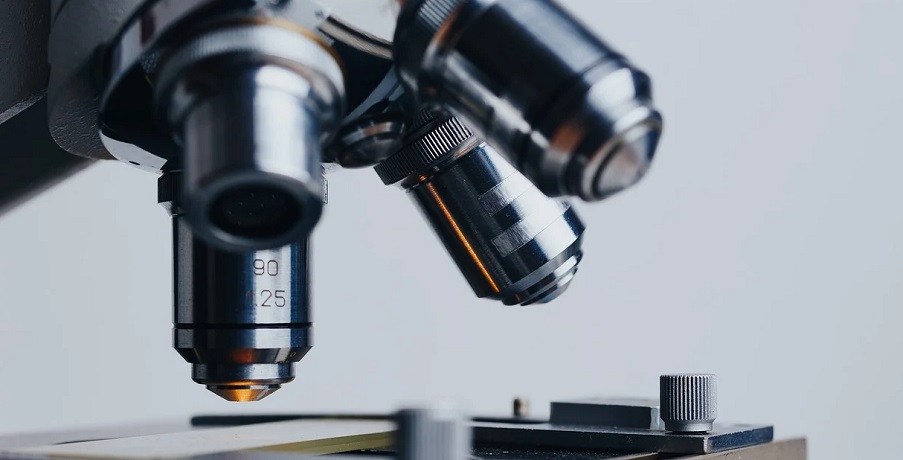
Successful hydrogen storage in not so far future
March 15, 2011 0 By Alicia MooreThe U.S. Department of Energy has been busy experimenting with nanotechnology to make hydrogen safer for storage and transportation.
Today, they are reporting that a breakthrough has been achieved. Scientists from the Lawrence Berkeley National Laboratory have developed a new nanoparticle material. The material is a composite of magnesium metal particles that are mixed in a matrix of polymethyl methacrylate – a polymer similar to Plexiglas. This new nanomaterial is able to absorb and release hydrogen at a rapid rate without the risk of oxidizing metals used in storing hydrogen.
There are many issues hindering the wide scale adoption of hydrogen fuel. Effective storage is challenging. Hydrogen is notoriously combustible, and ruptured storage tanks can cause catastrophic damage. This keeps hydrogen fuel cells from being incorporated into commercial vehicles.
“This work showcases our ability to design composite nanoscale materials that overcome thermodynamic and kinetic barriers,” said Jeff Urban, deputy director of the Inorganic Nanostructures Facility at the Molecular Foundry.
This specific combination of materials has been elusive in the past. Now, researchers are able to leverage the properties of both the polymer and nanoparticle to create something that can be used for much more than storing hydrogen fuel.
The material can be used in fuel tanks of any size and will make the containers incredibly durable.
Hydrogen is the most promising alternative fuel. It is a still a virtually untapped resource, and the Department of Energy is committed to developing methods through which hydrogen can be used safely and efficiently in the future.
About The Author
Alicia Moore's dedication to sustainable energy products goes beyond her writing. She actively seeks out new ways to live more sustainably, and encourages others to do the same. Her commitment to eco-friendly living is evident in her daily life, and she is always looking for ways to reduce her impact on the environment. What sets Alicia apart as a writer is her ability to communicate complex topics in a way that is accessible to everyone. Her passion for renewable energy is contagious, and her writing inspires readers to consider the ways in which they can make a positive impact on the planet. Ultimately, Alicia's work is driven by a desire to create a more sustainable and equitable world, and her writing serves as a powerful tool for achieving this goal.



 With over 15 years of reporting hydrogen news, we are your premier source for the latest updates and insights in hydrogen and renewable energy.
With over 15 years of reporting hydrogen news, we are your premier source for the latest updates and insights in hydrogen and renewable energy.